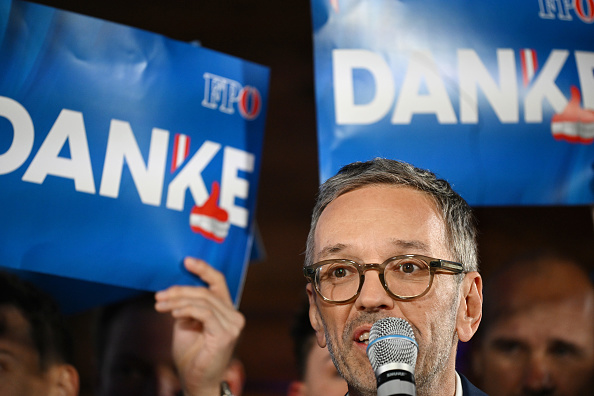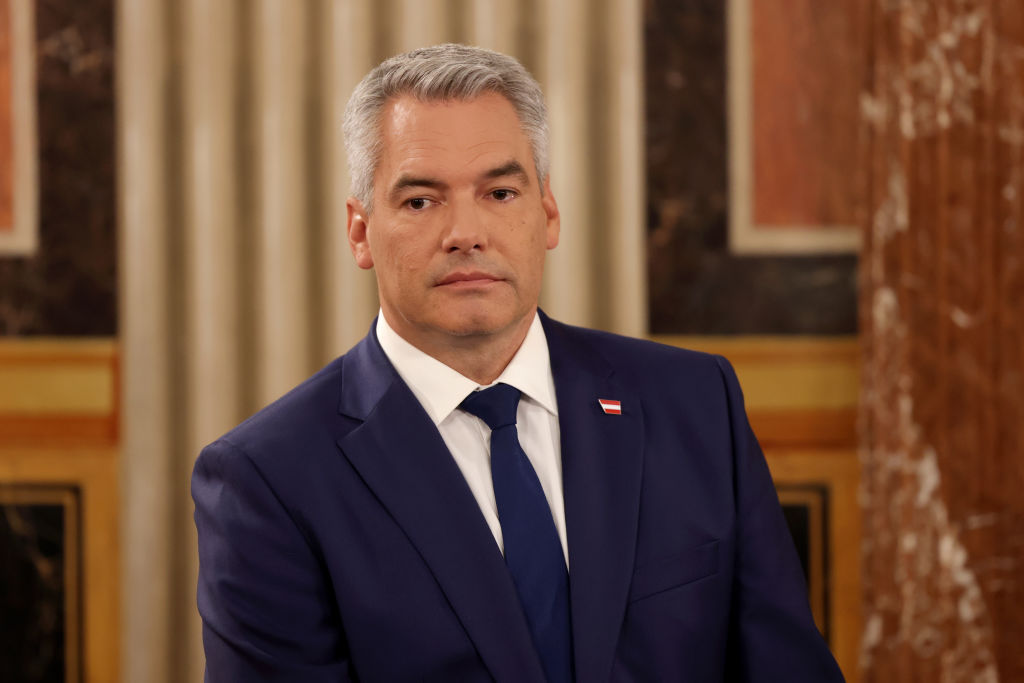The lower house of Austria’s parliament voted to lift the parliamentary immunity of Herbert Kickl, leader of the right-wing Freedom Party (FPÖ).
All parties except Kickl’s FPÖ voted on December 11 in favour of the move, which had been requested by the Central Prosecutors’ Office for Economic Crimes and Corruption (WKStA).
The corruption agency is prosecuting Kickl over perjury allegations. In July 2024, a Conservative (ÖVP) party politician accused Kickl of repeatedly lying to a parliamentary investigation committee in April.
One of the questions concerned whether FPÖ ministers had used government advertisements in newspapers to influence news coverage.
Kickl, interior minister from 2017 to 2019 in an ÖVP-FPÖ coalition government, said “he had not dealt with advertisements” during this time.
The prosecution argued that was false and a breach of Kickl’s duty to tell the truth.
WhatsApp chats found on confiscated cell phones as well as the ad revenues of certain news publications allegedly showed Kickl had followed instructions by then-FPÖ leader Heinz-Christian Strache to halt adverts in a newspaper that had angered Strache.
The FPÖ voted against lifting Kickl’s immunity. Freedom party MP Christian Ragger said during when Kickl testified in April 2024, he wasn’t Interior Minister anymore but a member of parliament and should therefore be protected by parliamentary immunity.
Ragger called the prosecution “persecutory justice” by the government parties (ÖVP and Greens) and “ideologically inspired”, and he referred to the investigation committee as a “political tribunal”.
On December 11 Austria’s lower house, or National Council, also voted to lift the immunity of three other Freedom Party MPs.
The Vienna public prosecution office accused them of singing the song Wenn alle untreu werden (“When everybody becomes unfaithful”) at the funeral of a fellow party member in September 2024 at a request left by the deceased.
The song – a 19th century composition based on a 1814 poem by German writer Max von Schenkendorf – was also frequently sung by members of the Schutzstaffel (SS) militia in Nazi Germany.
According to the prosecutors, by singing the song, the three MPs could have committed the criminal offense under Austrian law or public display or glorification of National Socialist ideology.





